Seattle’s lush greenery and temperate climate make it a haven for natural beauty, but they also bring seasonal allergens like pollen, mold spores, and organic debris that can wreak havoc on your plumbing. From spring blooms to autumn leaf fall, these allergens don’t just affect your sinuses—they can clog your drains and compromise your home’s plumbing system. In this comprehensive guide, we’ll explore how seasonal allergens impact your drains, why regular plumbing maintenance is essential, and how to keep your system flowing smoothly in areas like Bellevue, Everett, Kirkland, and surrounding communities.Understanding Seasonal Allergens in Seattle
Seattle’s climate fosters a variety of allergens, particularly during spring and fall. Common culprits include:
- Pollen: Released by trees, grasses, and weeds, pollen is especially prevalent in spring (March to June) and fall (August to October). Areas like Kirkland and Woodinville, with their abundant greenery, see high pollen counts.
- Mold Spores: Damp conditions in Snohomish and Lynnwood encourage mold growth, especially in autumn when rainfall increases.
- Organic Debris: Fallen leaves, pine needles, and plant matter accumulate in yards and gutters, particularly in Edmonds and Everett, where coastal winds carry debris.
These allergens don’t just float in the air—they can infiltrate your home’s drainage system, leading to clogs and reduced efficiency. Understanding their seasonal patterns is the first step to protecting your plumbing.
How Allergens Enter Your Drain System
Seasonal allergens enter your drains through several pathways:
- Outdoor Drains and Gutters: Pollen and leaves collect in outdoor drains, especially during heavy pollen seasons in Bellevue. Rainwater washes these materials into your home’s drainage system, creating blockages.
- Indoor Sinks and Showers: Pollen tracked indoors on shoes or clothing can rinse off into sinks and showers. In homes near green spaces in Snohomish, this is a common issue.
- Ventilation Systems: Mold spores from damp areas can settle in bathroom or kitchen drains, mixing with soap scum or grease to form stubborn clogs.
- Yard Runoff: In areas like Edmonds, yard runoff carrying pollen, dirt, and organic matter flows into storm drains, which connect to your home’s plumbing.
Once inside, these allergens combine with other debris like hair, grease, or food particles, creating a sticky, clog-forming mixture.
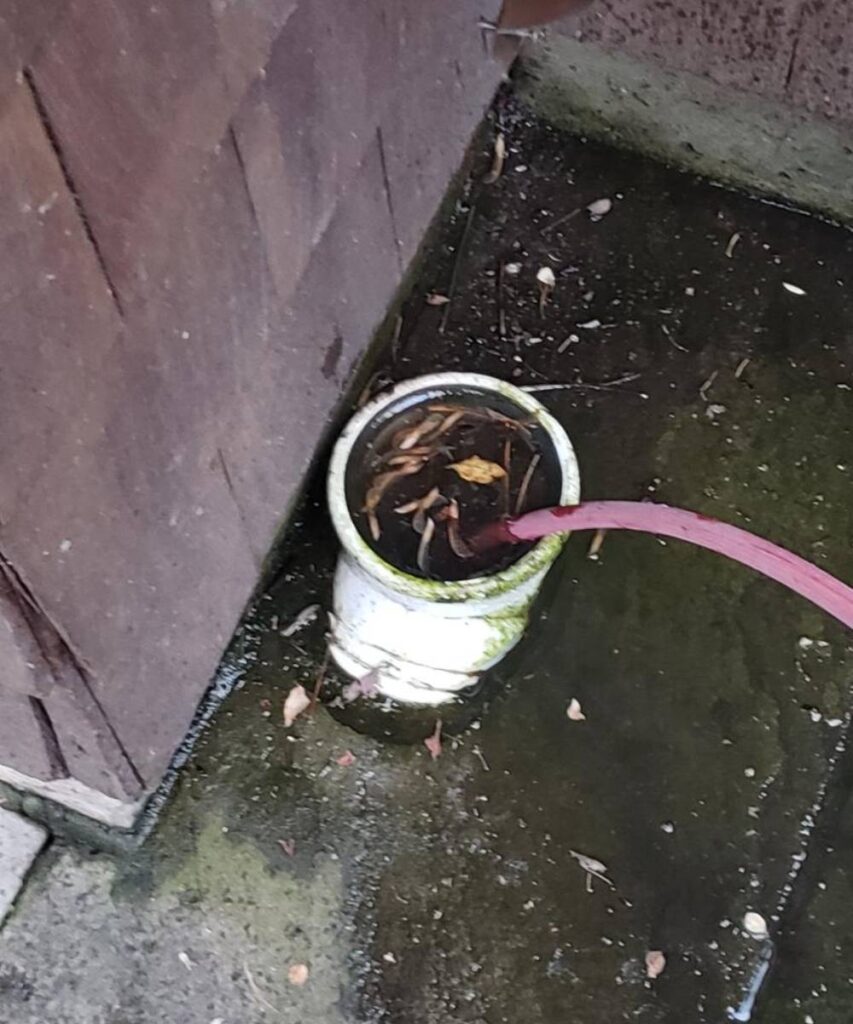
The Impact of Pollen Season on Plumbing
Pollen season in Seattle, particularly in spring, poses unique challenges for your drains. Here’s how:
- Pollen Buildup: Pollen is lightweight and sticky, easily adhering to pipe walls. Over time, it forms a layer that traps other debris, narrowing the pipe’s diameter.
- Increased Water Usage: Allergy sufferers in Kirkland and Woodinville often wash their hands, faces, or clothes more frequently, pushing more pollen into drains.
- Mold Growth: Pollen provides organic material for mold to thrive, especially in damp drains. This is a concern in coastal areas like Everett, where humidity is high.
Data from the Seattle Allergy & Asthma Center indicates that tree pollen peaks in April, while grass pollen spikes in June. These periods correlate with increased reports of slow drains in residential areas, highlighting the need for seasonal drain cleaning.
Other Seasonal Factors Affecting Drains
Beyond pollen, other seasonal factors in Seattle contribute to drain issues:
- Autumn Leaf Fall: In Lynnwood and Woodinville, falling leaves clog gutters and outdoor drains, directing debris into your plumbing system.
- Winter Rain: Heavy rainfall in Snohomish County overwhelms storm drains, pushing allergens and sediment into pipes.
- Summer Dust: Dry summer months in Bellevue increase dust and pollen accumulation, which can enter drains during cleaning or irrigation.
These factors compound the effects of allergens, making year-round plumbing maintenance critical to prevent costly repairs.
Signs Your Drains Are Affected by Allergens
How do you know if seasonal allergens are impacting your drains? Look for these signs:
- Slow Drainage: Water pools in sinks or showers, indicating a partial clog from pollen or debris.
- Foul Odors: Mold spores or decaying organic matter in drains produce musty smells, common in Edmonds homes near wetlands.
- Gurgling Sounds: Air trapped by allergen-induced clogs causes gurgling in pipes.
- Backups: Severe clogs lead to water backing up, especially in outdoor drains during heavy rain.
- Visible Debris: Pollen or leaves may be visible in outdoor drain grates, particularly in Kirkland’s tree-lined neighborhoods.
If you notice these symptoms, it’s time to schedule a professional drain cleaning to prevent further damage.(Knight Rooter)
Seasonal Drain Cleaning Tips
To protect your plumbing from seasonal allergens, follow these maintenance tips:
- Clean Gutters Regularly: Clear leaves and pollen from gutters in fall and spring to prevent debris from entering drains. This is crucial in Woodinville, where tree cover is dense.
- Use Drain Screens: Install mesh screens over indoor and outdoor drains to catch pollen and debris before they enter the system.
- Flush Drains Monthly: Pour a mixture of hot water and vinegar down drains to break down organic buildup. This is effective for Everett homes with high mold exposure.
- Schedule Professional Cleanings: Hire a plumber for seasonal drain cleaning, especially before spring pollen season or after autumn leaf fall.
- Avoid Flushing Debris: Don’t rinse yard waste or pollen-heavy items like outdoor cushions down drains, particularly in Bellevue’s suburban areas.
These proactive steps reduce the risk of clogs and extend the life of your plumbing system.
Why Regular Plumbing Maintenance Matters
Regular plumbing maintenance is the key to combating allergen-related drain issues. Here’s why:
- Prevents Major Clogs: Routine cleanings remove pollen, mold, and debris before they cause blockages, saving you from expensive repairs.
- Improves Efficiency: Clean pipes ensure optimal water flow, reducing strain on your plumbing system.
- Protects Pipe Integrity: Allergens and organic matter can corrode pipes over time, especially in older homes in Lynnwood or Snohomish.
- Enhances Indoor Air Quality: Clearing mold spores from drains reduces allergens in your home, benefiting allergy sufferers.
In Seattle’s unique climate, scheduling maintenance in early spring and late fall aligns with peak allergen seasons, ensuring your drains remain clear
Keep Your Drains Clear with Knight Rooter
Seasonal allergens like pollen and mold can silently compromise your drain system, leading to clogs, odors, and costly repairs. By understanding how these allergens affect your plumbing and adopting proactive maintenance habits, you can keep your home’s drains flowing smoothly. Whether you’re in Bellevue, Everett, Kirkland, Edmonds, Lynnwood, Woodinville, or Snohomish, regular drain cleaning is essential to combat Seattle’s unique environmental challenges.
For expert plumbing maintenance, trust Knight Rooter. Our team uses advanced techniques like hydro-jetting and video inspections to ensure your drains are free of allergen-related clogs. Contact us today for drain cleaning in Edmonds, plumbing in Bothell, or drain cleaning in Everett. Call (206) 206-3131 for a free estimate and protect your home from plumbing disasters
FAQ
1. How often should I clean my drains to prevent allergen-related clogs?
For Seattle homes, twice-yearly cleanings (before spring and after fall) are ideal, especially in areas like Everett and Kirkland with high pollen counts.
2. Can pollen really clog my drains?
Yes, pollen is sticky and combines with grease or soap scum to form clogs, particularly during Seattle’s pollen season.
3. Are there eco-friendly ways to clean drains?
Using vinegar and hot water or biodegradable enzyme cleaners is effective and environmentally safe for clearing allergen buildup.
4. What should I do if my drains are already clogged?
Avoid chemical drain cleaners, which can damage pipes. Contact a professional plumber for safe, effective cleaning using tools like hydro-jetting.
5. Do outdoor drains need special attention in Seattle?
Yes, outdoor drains in places like Edmonds and Woodinville are prone to clogging from leaves and pollen, requiring regular inspections.
For professional and fast drain cleaning Bothell, drain cleaning Seattle, and drain cleaning Bellevue, contact KnightRooter. Our team is ready to provide the best solutions for your drain issues.

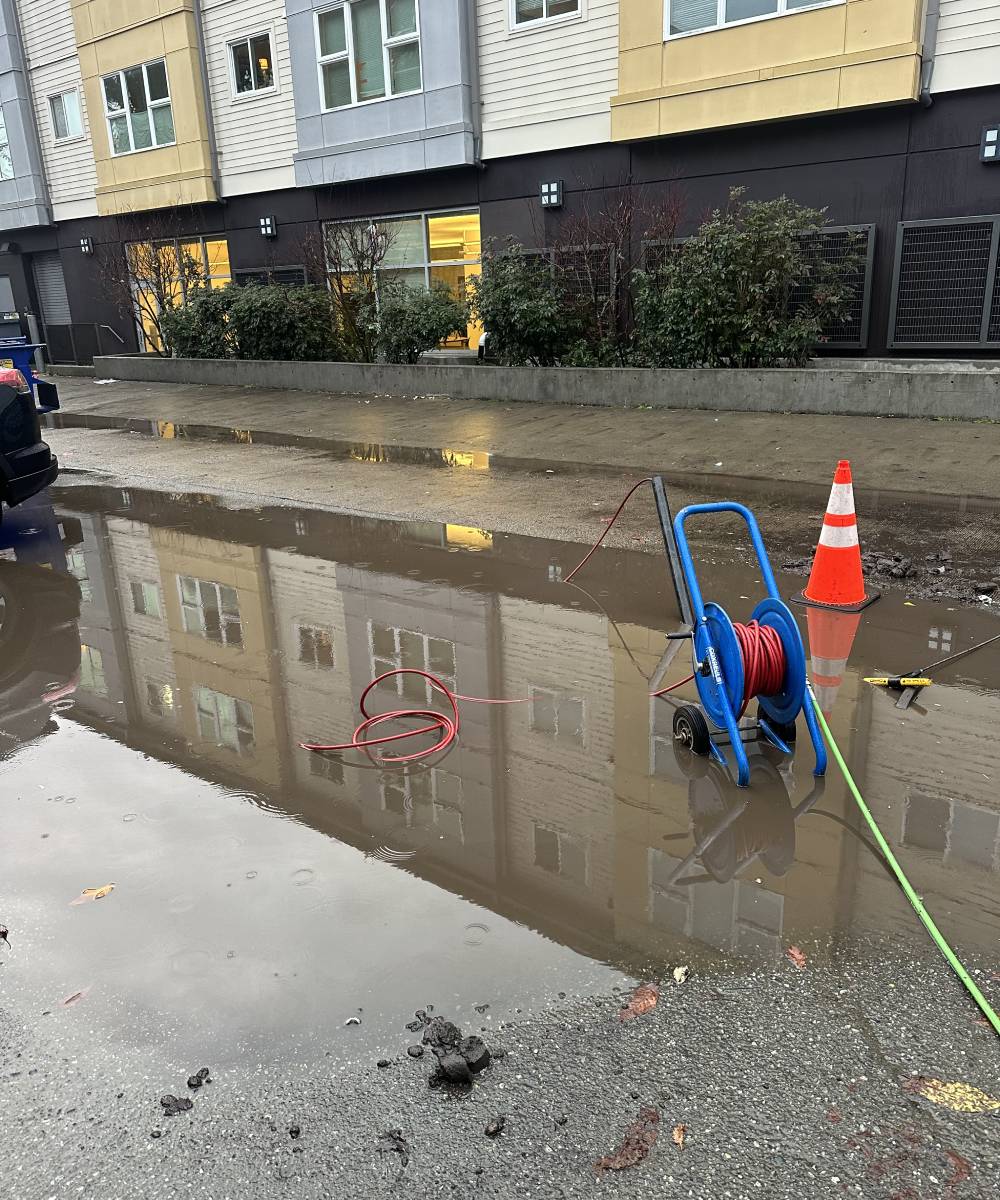
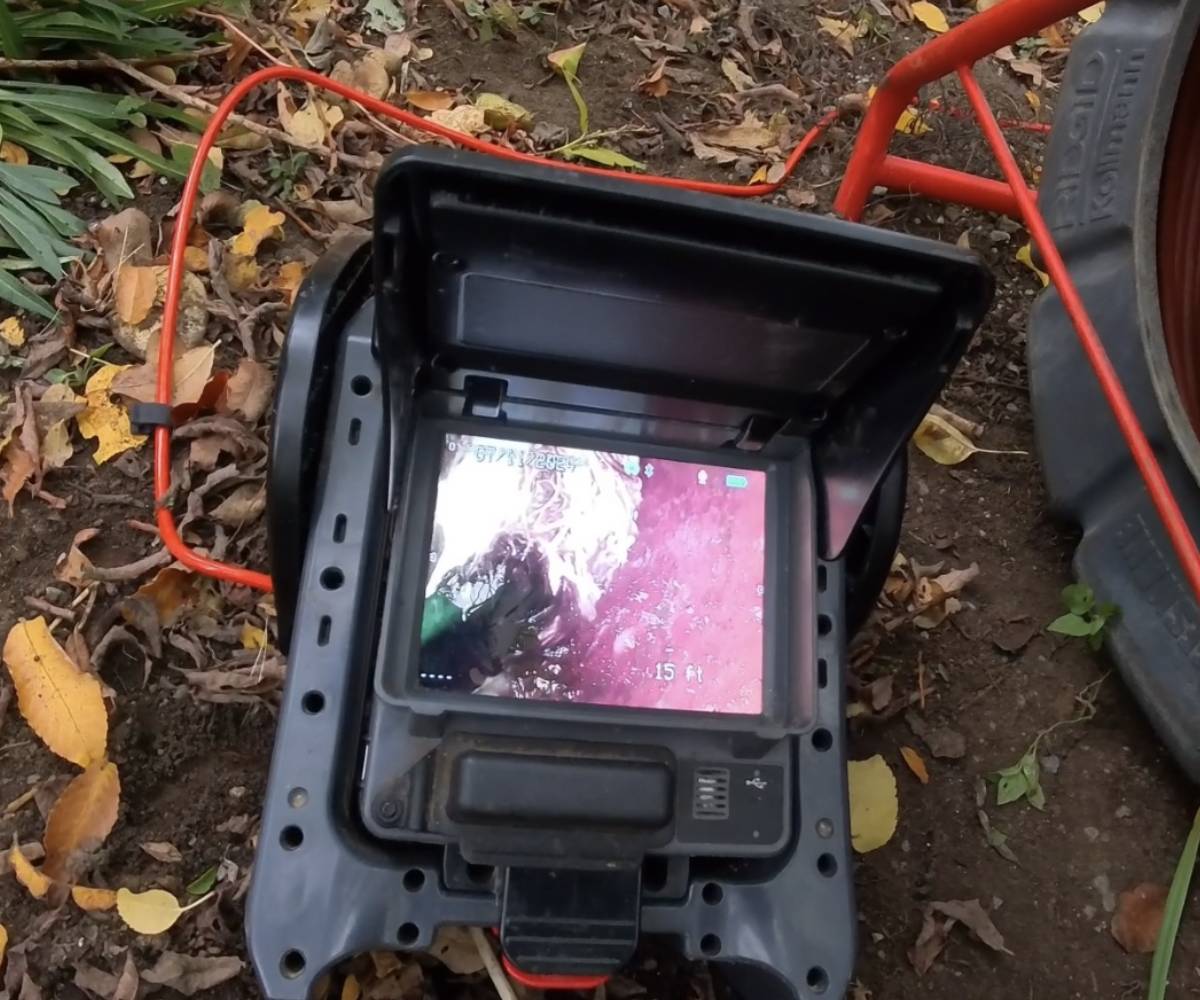
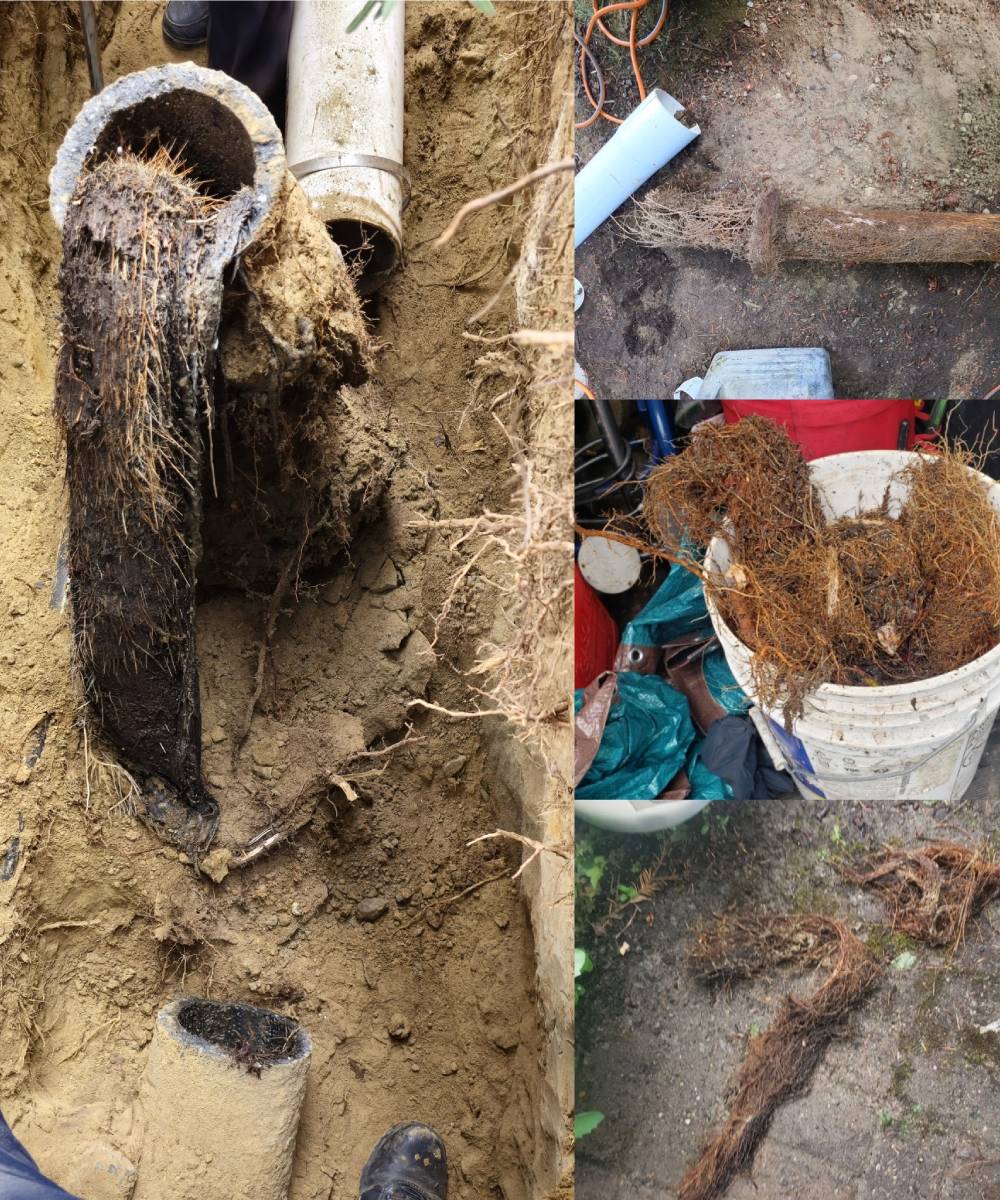
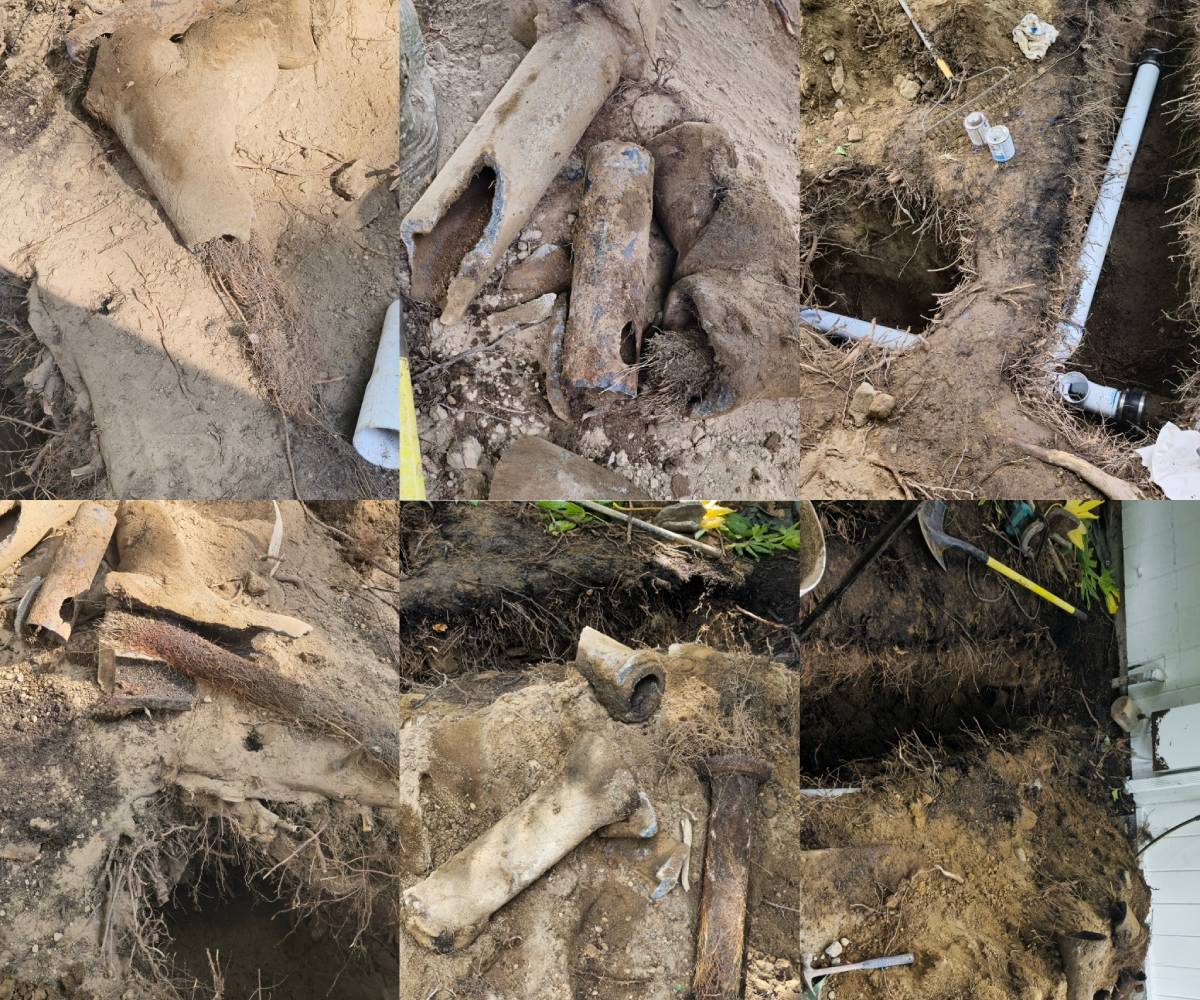
No comment yet, add your voice below!